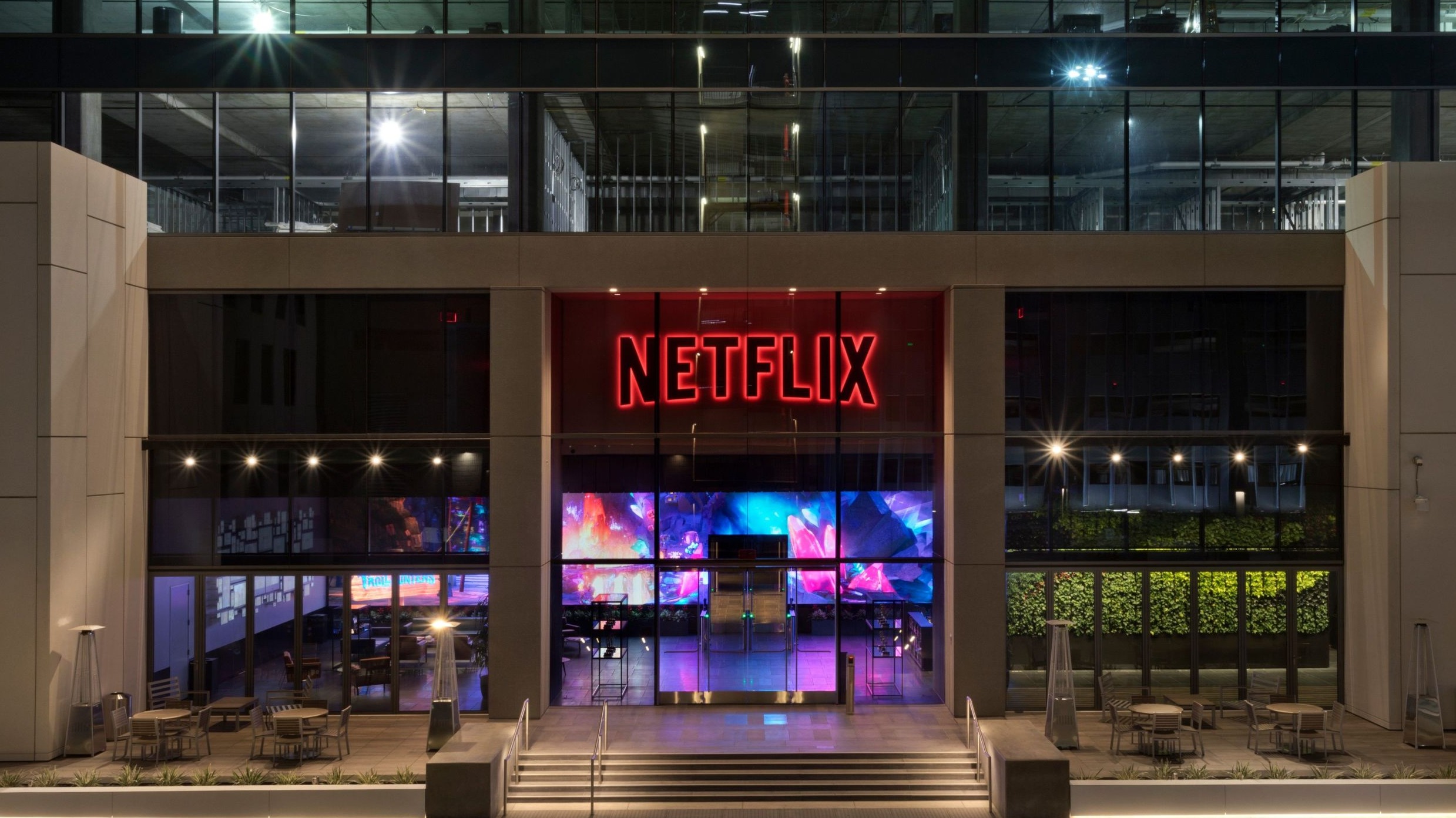BigTech firms are facing scrutiny in South Korea as the debate on whether players like Netflix and Google should contribute towards network costs has reached the country’s parliament.
In a parliamentary debate on 21 October, legislators discussed a proposed law that would see BigTech companies compelled to partly finance telecoms infrastructure. Supporters of the legislation have argued that companies such as the ‘big five’ – Alphabet, Amazon, Apple, Microsoft, and Meta – should pay their ‘fair share’ for the amount of bandwidth they use.
Speaking during the hearing, Hong Suk-joon of the governing People Power Party, argued that “Google and Netflix account for more than a third of domestic traffic” and that “it befits global companies to review the issue more proactively.”
Critics however have argued that this legislation would threaten net neutrality and could see large US service providers increase their fees in a move which would ultimately cost consumers.
Activist group Opennet said that more than 250,000 South Koreans had signed a petition against the bill, while Jung Chung-rae, head of the parliament committee overseeing the issue, said: "It risks the collapse of domestic content providers while trying to protect a small number of domestic internet service providers."
Google, one of the companies explicitly targeted by the bill, has said that its introduction would lead to a review of its business in the country. Netflix, whose South Korean series ‘Squid Game’ still stands as its most successful show launch globally, said that it is looking at ways of curbing its traffic usage.
The situation echoes a long-standing debate in Europe, where regulators have proposed similar legislation to compel Google, Meta and Netflix to shoulder some network costs. This has been welcomed by major telcos like BT and Vodafone, but smaller operators have argued that it would harm competition.
Latest News
-
OpenAI seals Pentagon AI deal with safety guardrails hours after Anthropic ban
-
Anthropic refuses Pentagon demand to strip AI safeguards from Claude
-
Skyscanner rolls out app on ChatGPT
-
AI disruption risk varies between platform and service-based firms, says new report
-
UK government to bolster public sector with cyber talent investment
-
Citi creates AI infrastructure banking team
The future-ready CFO: Driving strategic growth and innovation
This National Technology News webinar sponsored by Sage will explore how CFOs can leverage their unique blend of financial acumen, technological savvy, and strategic mindset to foster cross-functional collaboration and shape overall company direction. Attendees will gain insights into breaking down operational silos, aligning goals across departments like IT, operations, HR, and marketing, and utilising technology to enable real-time data sharing and visibility.
The corporate roadmap to payment excellence: Keeping pace with emerging trends to maximise growth opportunities
In today's rapidly evolving finance and accounting landscape, one of the biggest challenges organisations face is attracting and retaining top talent. As automation and AI revolutionise the profession, finance teams require new skillsets centred on analysis, collaboration, and strategic thinking to drive sustainable competitive advantage.
© 2019 Perspective Publishing Privacy & Cookies










Recent Stories